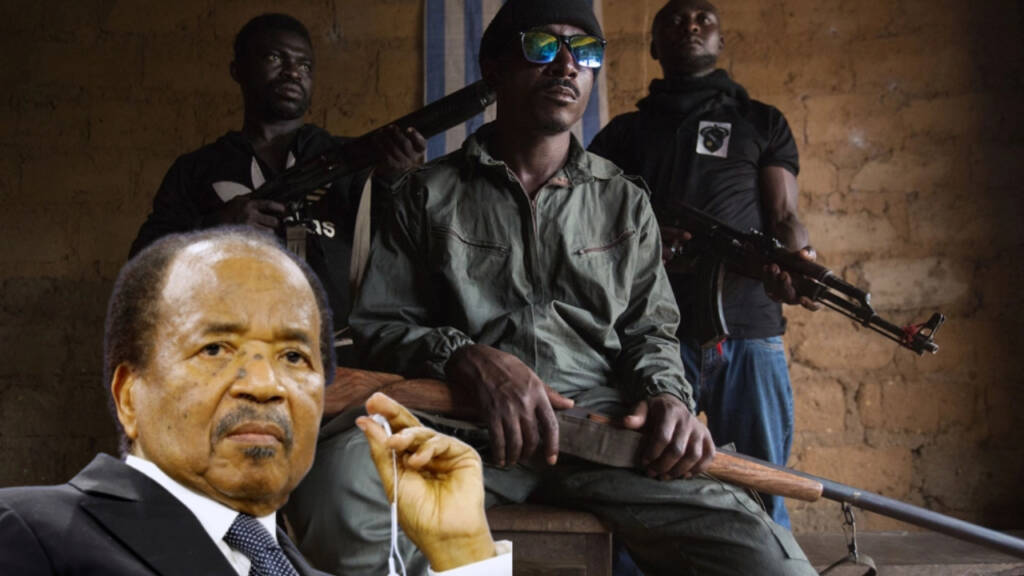Most African countries are mired in some form of internal crisis or political instability, and the Central African country of Cameroon is also no exception. Since 2017, the country has been battling the Anglophone crisis. However, a Western country has attempted to meditate in the conflict but faced strong resistance from Cameroon, which has put it in an embarrassing situation.
Canada vs Cameroon on Anglophone crisis
On January 21, Canada’s foreign ministry announced that it had accepted a mandate to facilitate a peace process between Cameroonian authorities and some separatist factions in English-speaking regions to resolve a conflict that has gone on since 2017. According to the report, a spokesperson for the Anglophone separatists said they had taken note of the government’s latest statement but would not comment further. Additionally, the United States embassy in Cameroon’s capital Yaoundé welcomed Canada’s announcement of talks to resolve the crisis on 13th February, as stated on Twitter.
However, there is a slight problem. The Cameroonian government has issued a strong denial and stated that it has not asked any country to mediate its conflict with Anglophone separatists. Therefore, Cameroon has denied Canada’s statement that it had been assigned to work on a peace process.
Read More: Cameroon rescues Canada’s sinking image in Africa
The Anglophone crisis
Cameroon’s separatist movement stems from the perceived marginalization of the English-speaking community by the French-speaking majority, since a 1961 plebiscite fused both parts of the country into one. Since 2017, factions of secessionist militias have been battling government troops in the North West and South West regions. The conflict has resulted in the deaths of 6000 people and forced more than a million to flee their homes.
In November 2017, the government of Cameroon declared war on the separatists and sent its army into the Anglophone regions. Despite a 2019 national dialogue that granted special status to the two Anglophone regions the conflict has raged on.
Read More: Cameroon takes the first step towards becoming the food basket of Africa
Considering the scenario, it would not be wrong to say that old habits die hard. The West has lost a lot of its credibility in the African continent. However, its old habit of interfering in other countries internal affairs persists. The same seems to have happened in Cameroon too. Just three days after Canada announced it would be facilitating a peace process, the government of Cameroon dealt a severe blow to Canada by issuing a strong denial. This is an embarrassing setback to Canada whose federal government is planning to release its Africa strategy aiming to boost Canada’s engagement with Africa. Similarly, it could also indicate Paul Biya who has ruled the country for the last 40 years wants to solve the problem through internal solutions rather than depending on the west. Moving forward, the tussle between the separatist fighters and the government is likely to continue, given that no concrete measures have been adopted by the government, and the separatist fighters are hell-bent on getting their demands fulfilled.
https://www.youtube.com/watch?v=GBSt6_OGZpY
